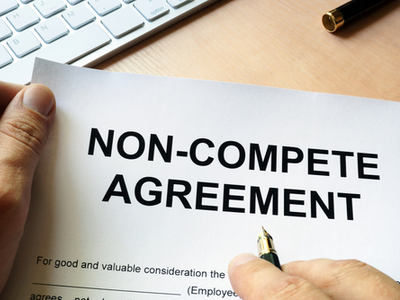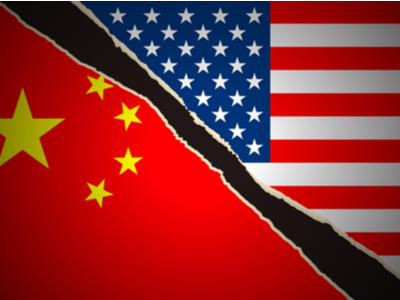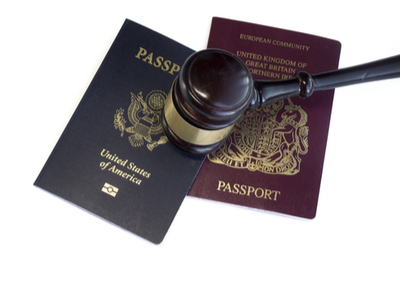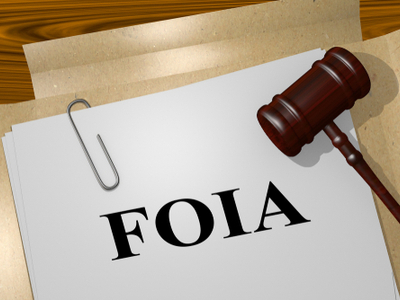The stakes couldn’t be higher in the race amongst Silicon Valley self-driving companies vying to be the first to bring the industry-changing technology to market. With competition so steep, and the potential value counted in the trillions, the efforts to protect this technology have given rise to frequent trade secrets theft disputes.
In the most recent instance of alleged autonomous vehicle technology trade secret theft, a federal district court judge ordered the former director of hardware of WeRide Corp., Kun Huang, to return all files he allegedly downloaded from WeRide before his departure in 2018. WeRide formerly credited Huang with its success in becoming the fastest autonomous vehicle company to complete its first public road test. Now, WeRide alleges Huang copied confidential information from a company shared-laptop, deleted files from the laptop, cleared its web browsing history, and then erased the hard drive on his WeRide-issued personal MacBook. Shortly thereafter, Huang began working at Zhong Zhi Xing Technology Co., Ltd. (ZZX), another defendant in the case, which WeRide alleges was founded by its former CEO, Jing Wang, also named as a defendant.
Based on these allegations, the Court granted WeRide a preliminary injunction against Huang and his new companies, ZZX and a related entity AllRide.AI, Inc., barring these parties from using or sharing WeRide’s trade secrets and requiring them to return all WeRide materials within four days of the order.
This case is but one of many recent trade secret disputes amongst Silicon Valley autonomous vehicle technology companies. And with autonomous vehicle employee turnover high and trillions of dollars at stake, we expect to see many more trade secret disputes arise.











